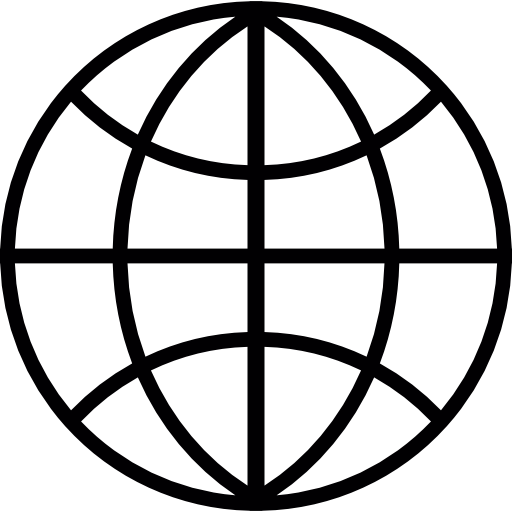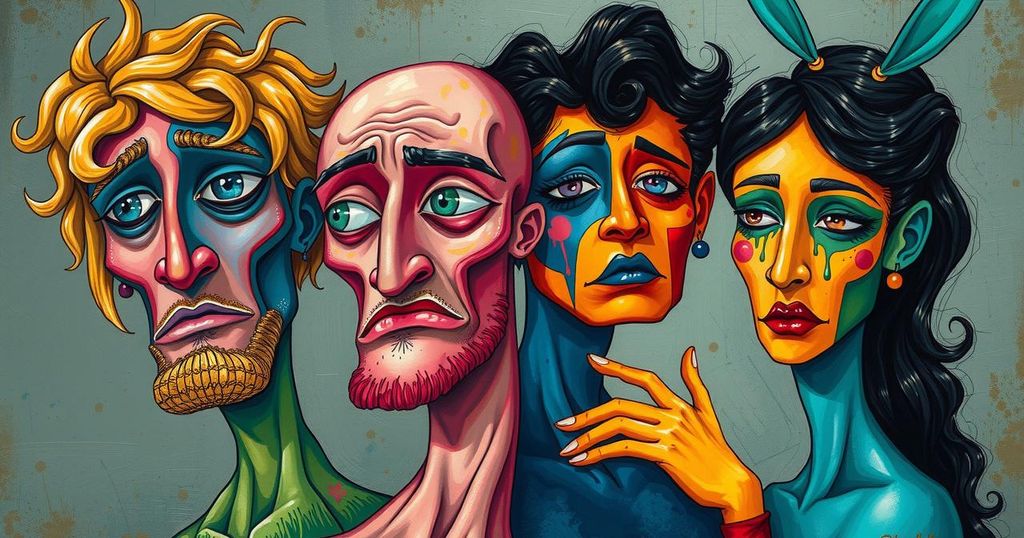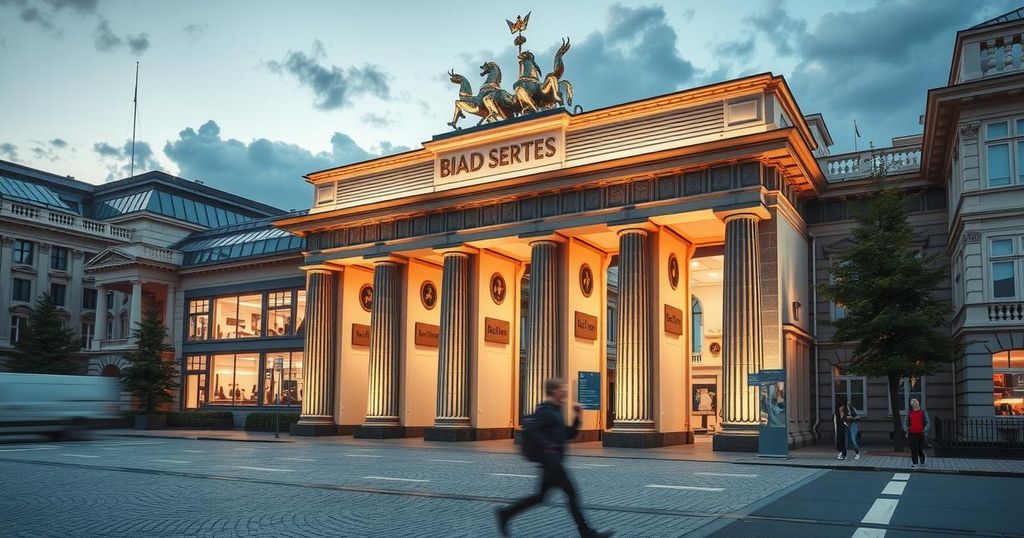On November 22, 2024, American photographer and activist Nan Goldin inaugurated her exhibition “Nan Goldin. This Will Not End Well” at the Neue Nationalgalerie in Berlin. During her speech, Goldin vehemently criticized Israel’s actions in Gaza, likening the current situation to historical pogroms, drawing upon her Jewish heritage. She emphasized that critiques of Israel should not equate to antisemitism and called attention to the ongoing struggles of Palestinians, urging recognition of their plight against a backdrop of rising Islamophobia in Germany.
Goldin’s remarks sparked a strong reaction, leading to protests outside the gallery where supporters called for a free Palestine. Despite the showing of unified support among attendees, Hermann Parzinger, president of the Prussian Cultural Heritage Foundation, condemned the disruptions during the gallery’s director Klaus Biesenbach’s speech, asserting that such actions contradict freedom of expression principles. Biesenbach, while disagreeing with Goldin’s views, maintained her right to voice her opinions, stressing the importance of respectful dialogue.
The exhibition itself features a wide-ranging retrospective of Goldin’s work, presenting her extensive artistic contributions. The ongoing humanitarian crisis in Gaza, with reported casualties exceeding 44,000 amidst the conflict, served as a poignant context for Goldin’s statements, marking a significant intersection of art and activism in her presentation. Goldin’s return to her roots of advocacy positions her work in a contemporary light where artistry meets social conscience, reflecting both personal and collective narratives.
Nan Goldin’s powerful address at her Berlin exhibition highlights the intertwining of art and political activism, emphasizing her firm stance against Israel’s actions in Gaza while addressing the complexities surrounding antisemitism and Islamophobia. As she navigates her heritage and current humanitarian crises, Goldin’s retrospective serves not just as an artistic presentation but also as a rallying point for crucial dialogues on freedom, expression, and social justice. The backlash from cultural authorities underscores the delicate balance between varying viewpoints in the context of global conflicts.




